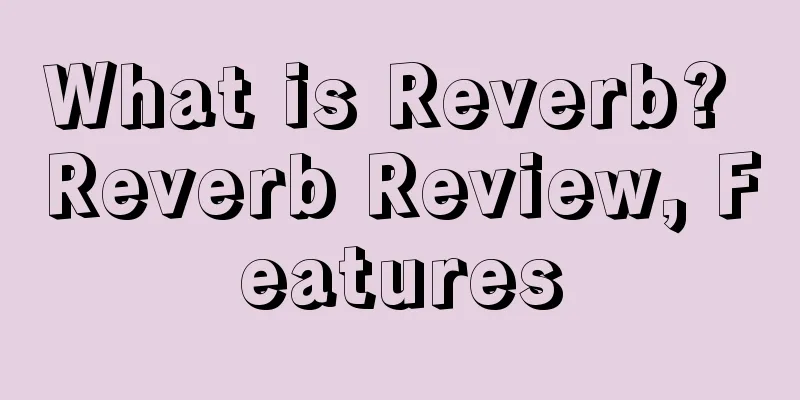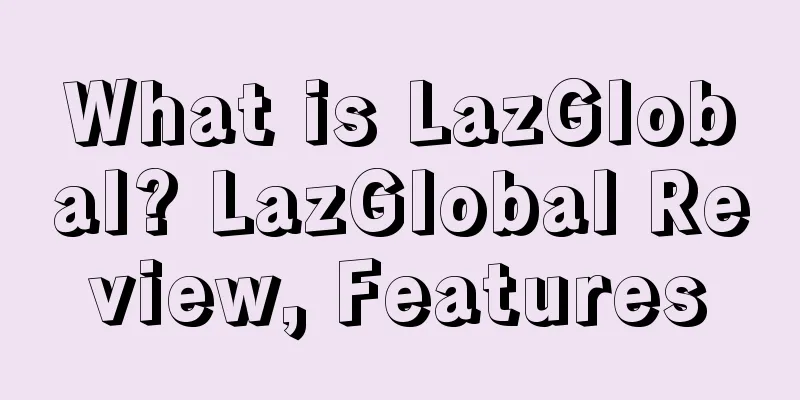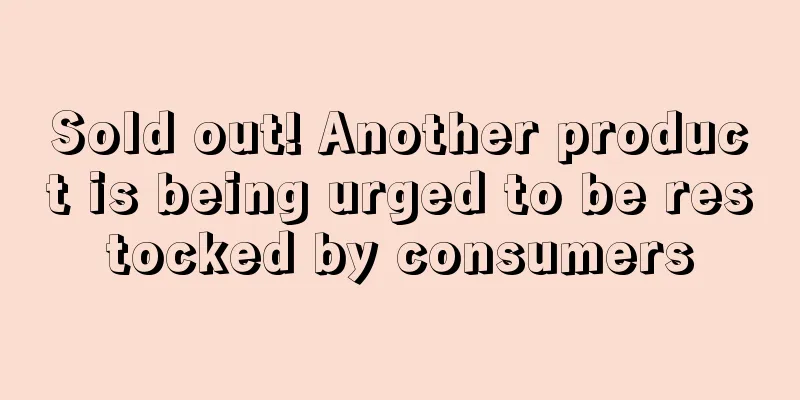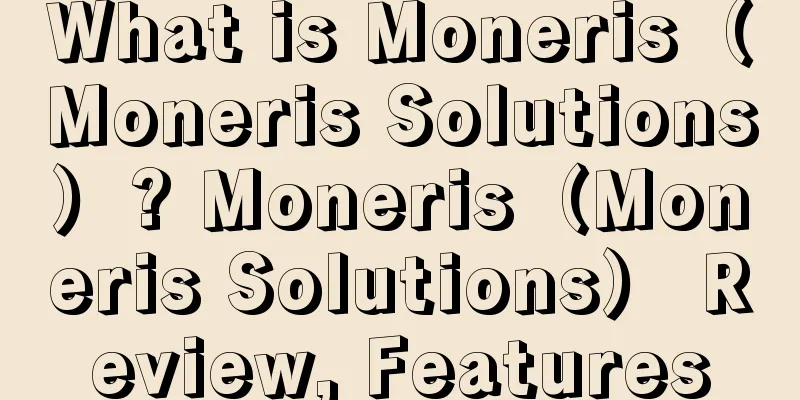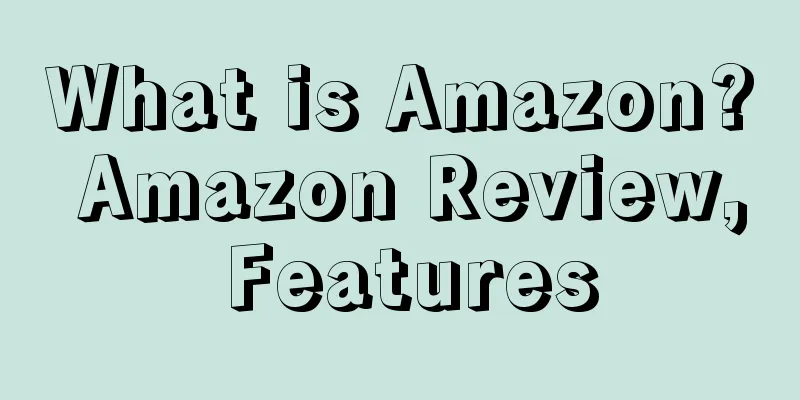Valued at over $80 billion, Winnie the Pooh IP is now open to the public

|
The U.S. Copyright Term Extension Act provides that when a work is a "work made for hire," it will protect a company's copyright for 95 years from the date of first publication, or 120 years from the date of creation (whichever ends sooner).
It is understood that the first Winnie the Pooh storybook was published in 1926. The book has been on the market for more than 95 years. In other words, from January 1, 2022, Winnie the Pooh officially entered the public domain and the copyright was open to the public.
Starting this year, companies other than Disney will be able to use the Winnie the Pooh stories and adapt them into new projects or creative works.
Speaking of Winnie the Pooh, it has to be said that it is a super IP. According to the total global IP revenue statistics of Wikipedia in August 2021, the total revenue of Winnie the Pooh IP reached 80.3 billion US dollars, ranking third on the list.
In the past, I have reported on many copyright protection cases, where many sellers took risks to create derivative products of other IPs. In this case, the sellers either continued to "hide the truth" in a perplexed mood, or were included in the infringement list and their funds were frozen.
For sellers, it is good news that the big IP Winnie the Pooh has now entered the public domain.
But it's important to note that this "opening" only applies to the first storybook. In the 1860s, Disney acquired the license to produce Winnie the Pooh cartoons, comic strips, and other merchandise. Therefore, Disney still owns the copyright to works and characters created after 1926, including Tigger, which first appeared in 1928.
After obtaining authorization, Disney will also modify the animated characters in Winnie the Pooh. For example, in the first storybook, Winnie the Pooh was not wearing any clothes, which means that the Winnie the Pooh we often see in red clothes is still owned by Disney. If sellers want to obtain these images, they also need to obtain authorization from Disney. In addition, trademark issues are also worth paying attention to. Disney still has the trademark rights to the characters in the Winnie the Pooh series.
In fact, the opening of Winnie the Pooh to the public may be just the beginning of copyright issues for Disney and its iconic characters. Two years later, the copyright protection for the original version of Mickey Mouse, Steamboat Willie, which appeared in 1928, will also expire. Winnie the Pooh IP Open |
<<: Fake reviews continue to happen, sellers may be subject to stricter supervision
>>: Diversion! FedEx leases its own ships to deal with supply chain issues
Recommend
What is uShip? uShip Review, Features
uShip is an American company dedicated to logisti...
What is AMZ Scout
AMZ Scout is the smartest Amazon product research...
The number of households shopping online has increased by 50%, and the US e-commerce industry is booming
Even as consumers resume more in-store shopping b...
What is Junde Group? Junde Group Review, Features
Founded in 1996 and headquartered in Hong Kong, C...
What is Walmex? Walmex Review, Features
Walmex is a company dedicated to the commercial s...
Online sales fell by a fifth in November, the biggest drop on record
Data shows that online retail sales fell a record...
What is China Post Overseas Shipping? China Post Overseas Shipping Review, Features
China Post Overseas Logistics is China's larg...
Why do DTC brands prefer micro KOLs?
More and more direct-to-consumer (DTC) brands are...
What is Letter of Credit (LC)? Letter of Credit (LC) Review, Features
A letter of credit (L/C) is a document issued by ...
What is Zhongnan Tongda? Zhongnan Tongda Review, Features
Zhongnan Tongda (Shenzhen Zhongnan Tongda Interna...
Amazon adds 2,000 new sellers per day, but Wish is tightening the entry of sellers
As the world's largest cross-border e-commerc...
What is linked2pay? linked2pay Review, Features
Linked2pay provides users with an all-in-one payme...
What is Mengdianzhang ERP? Mengdianzhang ERP Review, Features
The purpose of Mengdianzhang ERP is to improve se...
What is Hopi? Hopi Review, Features
Hopi eliminates the middleman and delivers the be...
Shopee will launch a new product category tree, and E-Post USA will suspend the acceptance of electronic items
Shopee will launch a new product category tree Ac...

